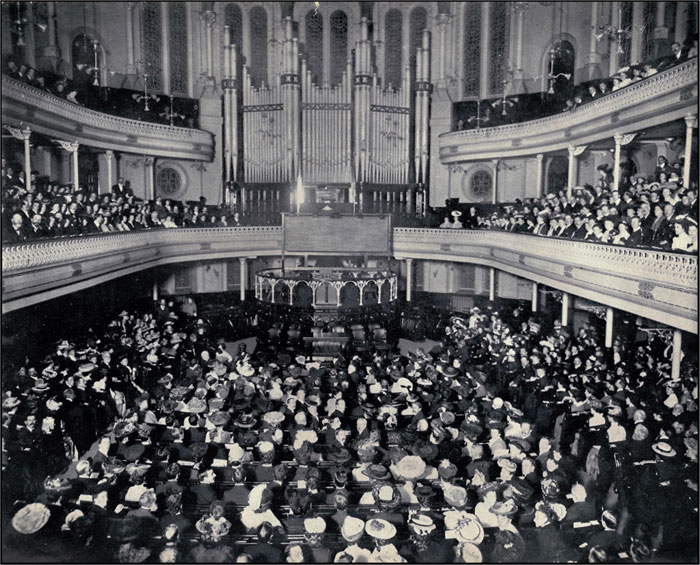Worth Reading
Greg Boyd, who wrote Letters from a Skeptic, has a post called Getting Honest about the Dark Side of the Bible. It touches on the subject of his upcoming book: Crucifixion of the Warrior God. It looks like one I must read, because it concerns violence in the Bible. But unlike *Eric Seibert’s The Violence of Scripture, which was helpful in surveying problematic texts in the Bible but which had a more limited view of biblical authority than I was comfortable with, Boyd holds to a more challenging position. His post is worth reading because it begins with a list of examples of divine violence in the Bible and faces the difficult questions with faith. He concludes the post this way:
To be clear, in obedience to Jesus, I adamantly affirm that all this material is inspired by God. In my book I argue against the many scholars today who try to resolve the problem this material poses by dismissing the text, whether on historical or theological grounds. But to say it is God-breathed says nothing about how it is God-breathed. Nor does it say anything about how this material is to be interpreted such that it bears witness to God’s unfathomable love revealed on Calvary.
As with all matters of faith, the place to start is by getting honest with ourselves, each other, and God by admitting the obvious. It was when I got to this point that the clouds began to lift and I began to discern that something else is going on in these horrific portraits that I hadn’t noticed before. So can we be honest? Can we agree that causing babies to be viciously ripped out of wombs, causing babies to be dashed on the ground, and causing mothers to eat them is horrific, macabre, and revolting, regardless of where the divine portrait is found, and regardless of the deity this behavior is ascribed to? As we admit this, let us hold fast to the conviction that this material, in all of its ghoulish detail, is “God-breathed.” And now begin to prayerful ask – how might this depth of depravity point us to the cross?
Lord bless our honest ponderings!
I’m interested to read the book because although Boyd touched on these questions in Letters from a Skeptic, this will be a more thorough study. I can relate to his sense of clouds lifting as he faced the obvious about Scripture; though it’s a bit destabilizing, I feel like I’ve gained something, not lost something.
So far, in my own reading and searching, I’ve come up with a few ways of responding to violent portrayals in the Bible. Though they don’t yet represent the more complete understanding I’m seeking, they are ingredients in a developing perspective:
- Remember the nature of inspiration, which allows human elements to be mixed in with the divine word — culture, history, personality of the writer, etc. C.S. Lewis talks a lot about this in Reflections on the Psalms; So do Peter Enns, Eric Seibert, and Greg Boyd in the books I’ve read by them lately.
- Read the Old Testament in the light of Christ, God’s most complete revelation of himself.
- Name the problems for what they are; don’t skim or sanitize or ignore.
- Pray for understanding.
It’s not a very long list, is it? But this is a journey, and it may take awhile.
*Here is a troubling post about how Seibert is being maligned by certain evangelicals.



2 Comments
Dennis King
Hi, Janet. You have really whetted my appetite to read Boyd’s upcoming book. By the way, you are probably familiar with how he has been at the middle of the theological controversy over “Open Theism.”
I like your list of responses at the end. Let me add one of my own. It’s one that’s still in its early formative stages. How much of the OT portrayal of a God who orders his people to act violently is actually God willingly choosing to condescend to their limited understanding? While today we find such descriptions of God to be abhorrent, in those days the idea of gods acting violently was very common. I am attracted to the idea of “progressive revelation” — that through the ages God led people to understand him more and more until he revealed himself most fully in Jesus Christ. In OT times he out of necessity started where the people were in terms of their ability to comprehend him.
That was a rambling paragraph. I hope it made some sense!
Janet
I’m in a similar place — I like the idea of progressive revelation too. But I haven’t figured out exactly how it works out in all the details in relation to biblical authority/inspiration.
In Letters to a Skeptic, Boyd points out that God was dealing with an incredibly violent culture in the ancient world, and so his commands to act violently can be seen as his condescension to their terms. I am uncomfortable with that because one of the first things Christians point to as evidence of God’s existence is the moral law, so I would expect him to always act morally.
I’m curious about the whole open theism thing… I like the idea in so far as I understand it (which probably isn’t very well! Maybe we could talk about it sometime).
Thanks for your thoughts!